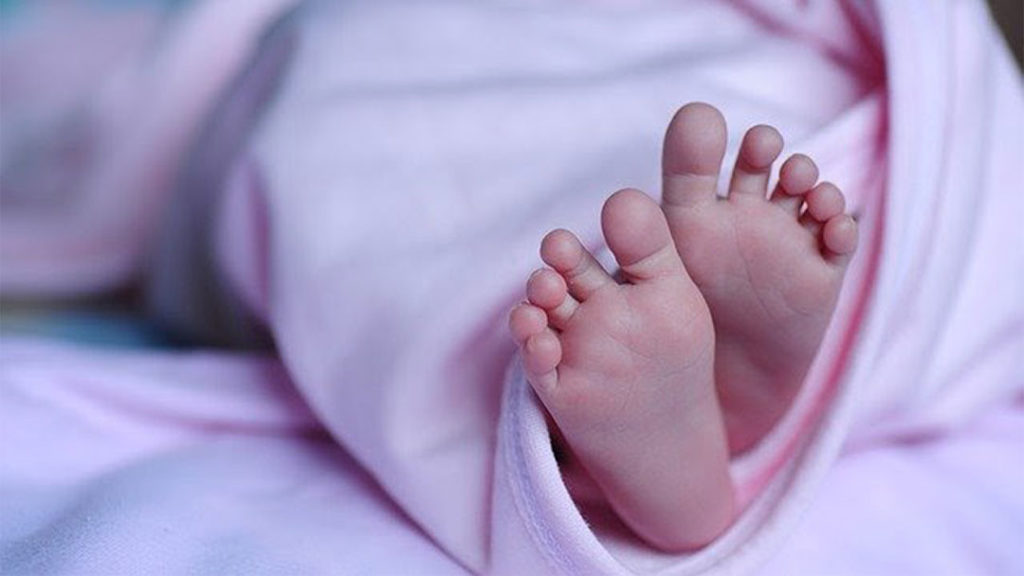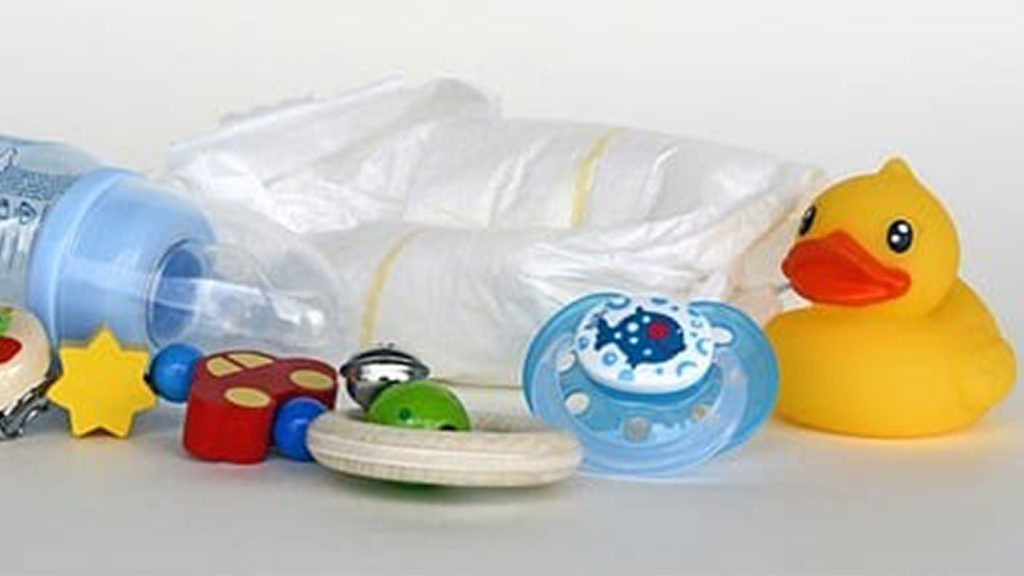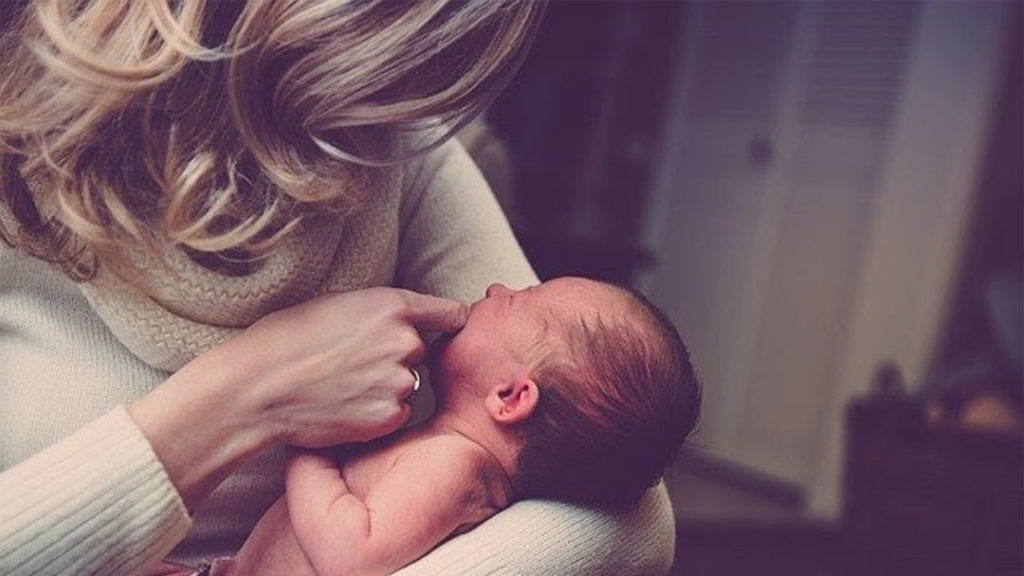Last Updated on September 1, 2022 by Ray
Allergies are often thought of as an adult or teenager affliction, but babies can also develop allergies from items in the home, foods they eat, or other particles in the air. When your baby is suffering from allergies, it can be difficult to tell since the little ones cannot tell you they feel ill.
There are several allergies that a baby can develop, and they are divided into three categories:
- Seasonal
- Environmental
- Food or medicine
Severe allergies in babies is often referred to as “TED Babies.” For food allergies, you will notice a reaction right after the item has been consumed. In some cases, the issues are mild, but some are life-threatening. Environmental allergies will affect those areas that come in contact with the baby’s skin, such as dust or clothing detergent. These allergies can affect your baby throughout the year.
On the other hand, seasonal allergies are only a problem for a specific time, such as the spring or summer. These allergens come from trees or plants that bloom at certain times of the year. Some people might describe these allergies as “hay fever.”
Are you a new mother looking for a way to balance work and your family? Ray of Solace can help navigate these challenging times when you schedule a session.
Allergy Signs in Babies
When your baby is exposed to an allergen, their immune system will react. Some of these reaction signs can vary depending on the type of allergy and the individual’s immune system.
When compared to adults and teenagers, babies have fewer allergies. To develop allergies, you must be exposed to them over a long period of time. You usually will not see seasonal allergies in children since they have not been exposed to these pollens.
Related: TED Baby: A Guide for a Worried TED Mama

Allergies To Food and Medicine
As previously mentioned, a food or medicine allergy will typically show up within a few minutes after the baby has consumed it. In some cases, you might not see any symptoms until 2 hours after consumption. Allergies to drugs will develop in other ways, such as rashes. The inflammation is often not found on the skin until a few days after the medicine has been used with these issues.
Some of the most common symptoms of a food or medicine allergies include:
- Wheezing
- Itching
- Hives
- Rashes
In some serious cases, an allergy can result in abdominal pain, nausea, and vomiting. Your baby’s tongue might also look swollen. There is even a condition called anaphylaxis, which can result in death. With this, the allergic reaction triggers an overproduction of chemicals that will send a body into shock. The airways will narrow, and blood pressure can drop.
This deadly reaction can occur with severe food allergies, but rare cases involving aspirin and antibiotics have occurred. Bee stings are another known source of anaphylaxis. However, cases with infants are rare, and they are the result of a milk protein allergy.
Allergies To the Environment
You already know that environmental allergies are rare, but babies can be allergies to mold, pollen, dust, and pet dander. Many of these allergies will affect the baby’s head and chest. They could include the following:
- Red and itchy eyes
- Runny nose
- Coughing
- Wheezing
- Sneezing
Along with that, the baby might develop itchy bumps or a rash near the area where they have been exposed to the allergen. Some shampoos, detergents, and soaps can trigger an allergic reaction with a condition known as dermatitis or eczema.
Allergies During Certain Seasons
For those seasonal allergies, the main culprit is plant-based allergens. If you notice that your baby is experiencing certain issues during parts of the year, it could be a seasonal allergy. They produce similar symptoms as environmental allergies with:
- Runny nose
- Coughing
- Itchy eyes
- Sneezing
Will My Baby Have Allergies?
While babies aren’t born with allergies, they are common at all ages, from infancy to adulthood. Sometimes, baby allergies are simply a nuisance, but other times, those allergies can cause massive problems for the baby and parent.
So, how do you know if your baby will have allergies? We’re still learning about how allergies develop in a baby’s first few months of life and what determines whether or not they will have allergies, but they do inherit risk from their parents.
While most babies don’t develop allergies, it doesn’t mean they can’t. And it’s not possible for us to predict what allergies they will get. However, the most common infant allergy is to cow’s milk, which is an ingredient in many products, including some baby formula. Soy, wheat, eggs, and peanuts are also common food allergies for babies.
There are two primary factors that we can link to baby allergies: their genetics and their environment.
It’s highly likely that a baby’s risk for allergies is programmed into their DNA before being born. For example, a baby born into a family with asthma problems most likely carries a genetic risk for the same allergies. However, it takes more than genetics to get allergies started.
Because allergies are a result of our immune system, and an infant’s immune system is essentially a blank slate, allergies can develop as your baby gets exposed to certain things in their environment. And some research even shows that a baby’s allergy risk is connected to their microbiome.
Diagnosing Allergies in Babies
If you are concerned about allergies in your baby, you can ask your doctor to perform an allergy test. However, in these babies, tests tend to be less than accurate. While your pediatrician would perform the test, you will more than likely visit an allergist. This professional will find a test that is suited to your child’s age.
Skin Test
The most common allergy test is a skin test. During this exam, a speck of the allergen is placed under the skin by a needle. Some doctors may call this a skin prick or percutaneous test. In some cases, a diluted version of the allergen is also placed under the skin in a procedure known as an intradermal test.
The doctor will observe the injection site for about 15 minutes to look for any signs of a reaction. These tests are usually conducted on babies older than six months. However, other factors can determine your child’s eligibility for these tests.
Blood Tests
In some cases, your baby may have to have blood drawn for this test. These tests are ideal for young babies and those with sensitivities to a skin test. However, the accuracy of the skin test is not always correct since certain drugs, like an antihistamine, can affect the results.
Elimination Diet Test
If your child has a food allergy, you might have to try the elimination diet test. With this test, you will remove one allergen from your baby’s diet for a while, usually a week. After an allergen is removed, you will not see any signs of an allergy. However, this method can be tricky since many allergens are found in several different products.

Related: Weird Pregnancy Cravings
One sure way to treat allergies is to eliminate any exposure to the allergen. That is easier said than done. You might want to adjust their diet or ask for help from your pediatrician or even your life coach. Never try to medicate your baby with over-the-counter drugs. Some antihistamines are not recommended for those under the age of 2.
It may take a while to figure out the allergens in your baby’s life. With a bit of extra legwork, you can keep your baby happy and allergen-free in your home.
Whether you are a new mother or an experienced parent, you may need help to balance out all those responsibilities in your life. Let Ray of Solace help you achieve an ideal life-work relationship in your life.
